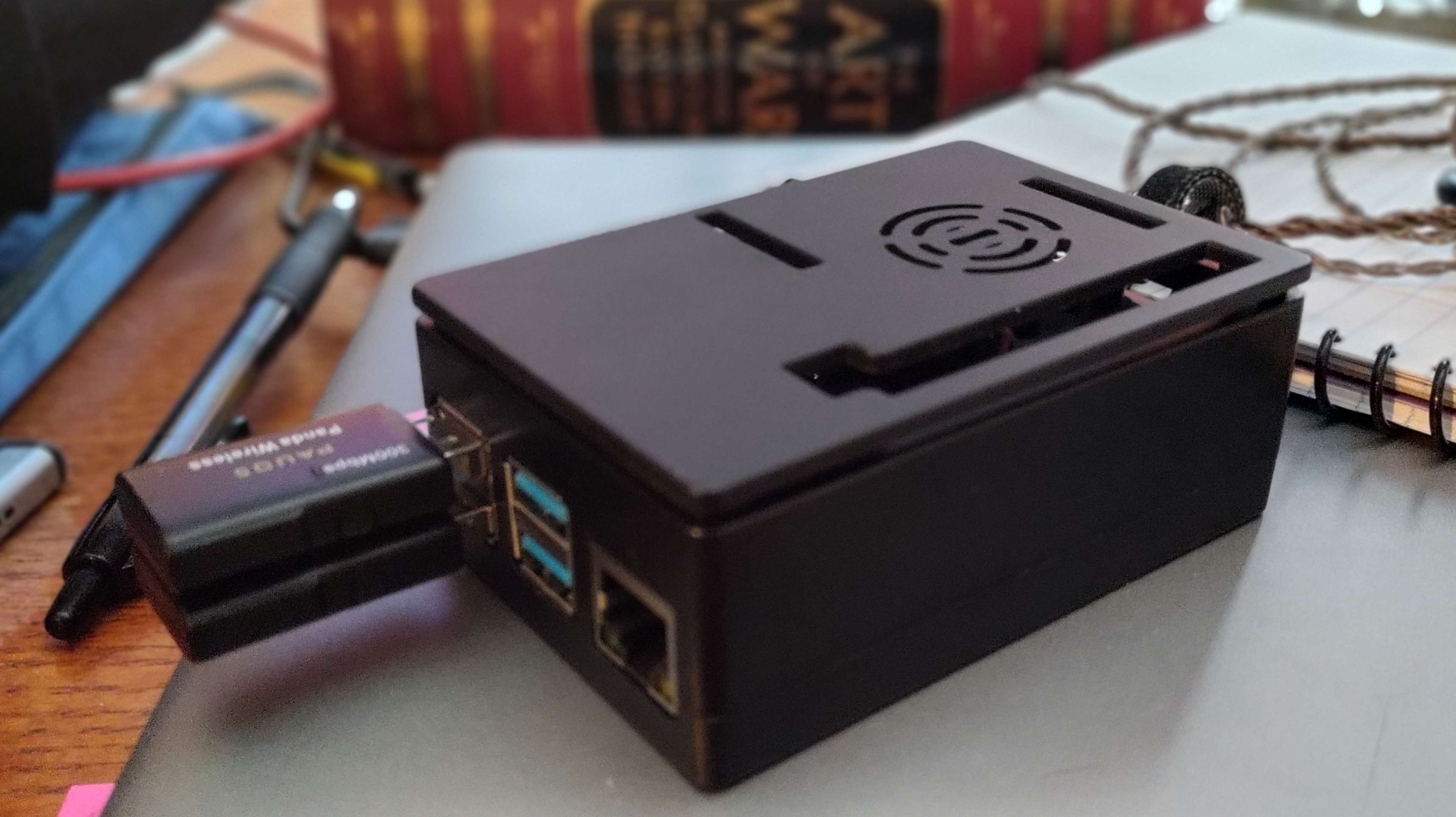history which may or may not be relevant to you: https://en.wikipedia.org/wiki/Cryptocat
- 0 Posts
- 10 Comments
A name I’ve seen in connection with this issue is Obtainium. From a cursory look, it appears this just streamlines checking for and getting apk’s from GitHub release pages and other project-specific sources, rather than adding any trust. So maybe it just greases the slippery slope :)
Security guidelines for mobile phones, and therefore policies enforced by large organizations (think Bring-Your-Own-Device), are likely to say that one may only install apps from the platform-provided official source, such as the Play Store for Android or the Apple App Store for iOS. You might say it’s an institutionalized form of “put[ting] too much trust in claims of authority.” Or you might say that it’s a formal cession of the job of establishing software trustworthiness to the platform vendors, at the mere expense of agency for users on those platforms.
People are not taught how to verify the authenticity and legitimacy of software
Rant: Mobile computing as we know it is founded on the rounding off of the rough corner of user agency, in order to reduce the amount users need to know in order to be successful, and to provide the assurances other players need, such as device vendors, employers, banks, advertisers, governments, and copyright holders. See The Coming War on General Computation, Cory Doctorow, 2011. Within such a framework, the user is not a trustworthy party, so the user’s opinion of authenticity and legitimacy, however well informed, doesn’t matter.
They are made (I think) to be implementable - even, to give implementors some flexibility. Then everybody goes and buys a tool to do it, and not that well. I thought 15 years ago that security configuration was a (voluminous) subset of system configuration and system administration, ripe for automation and rigorous documentation - not something to pay a different vendor for. But the market says otherwise. When you can split some work across a whole team, or even into a separate company, instead of glomming it into one job, that’s worth money to businesspeople.
There are many ways to be more selective about from whom to accept email. SPF, DKIM, DMARC, and various blacklists are among them. They are supposed to make life harder for spammers. But they have also made running a mail server something that few dare to try anymore. Setup is not easy, but getting blacklisted is, and it causes silent delivery failure, and takes days of work to fix.
As a result, most of the email is run by Microsoft and Google. But that didn’t stop phishers. They just go after people at smaller companies where security isn’t as tight yet, and then they’ve got valid Microsoft accounts to send from. Liars and Outliers by Schneier is about this sort of dynamic.
As for PKI: If I may assume you to be, or have been, affiliated with an armed service – Whose property is your CAC? And why did you use a pseudonym to make this post? (I mean to be pithy, not sarcastic.) I think Liars and Outliers by Schneier is all about this sort of thing - but I didn’t get much of it read before it was due back at the library.
Uh what units does that measure in

 3·1 year ago
3·1 year agoi got paul through the flames! but he dies if you feed him too much

 1·1 year ago
1·1 year agommm yeah somewhere in the 20s. it gets way funnier after wordle :D
- This comment is everything I hoped for but didn’t know to expect. Exhaustive, precise, correct, informative, substantive.
- Yes, dust.
- MONTY is swamped: 429 Too Many Requests :(
The Beepberry and Pocket CHIP are not unlike these, though they have a portrait form factor and a more raw aesthetic. Small, wide LCDs can be had; it’s tiny keyboards that are hard to get. I’ll add that I don’t value tiny keyboards much: it was a netbook keyboard that first made my wrists hurt, and since that time, I need my keyboard to fit my hands far more urgently than to fit in my pocket.
Earlier than these, I have an HP 95LX: a handheld equivalent to a PC-XT, with a 40x16 character mono LCD and one megabyte of battery-backed RAM, with DOS and Lotus 1-2-3 in ROM. The keyboard is made of HP calculator keys, which were often lauded. It would be somewhat promising for a mod, except it’s vintage enough that hacking it up would be a shame.

Marvellous!